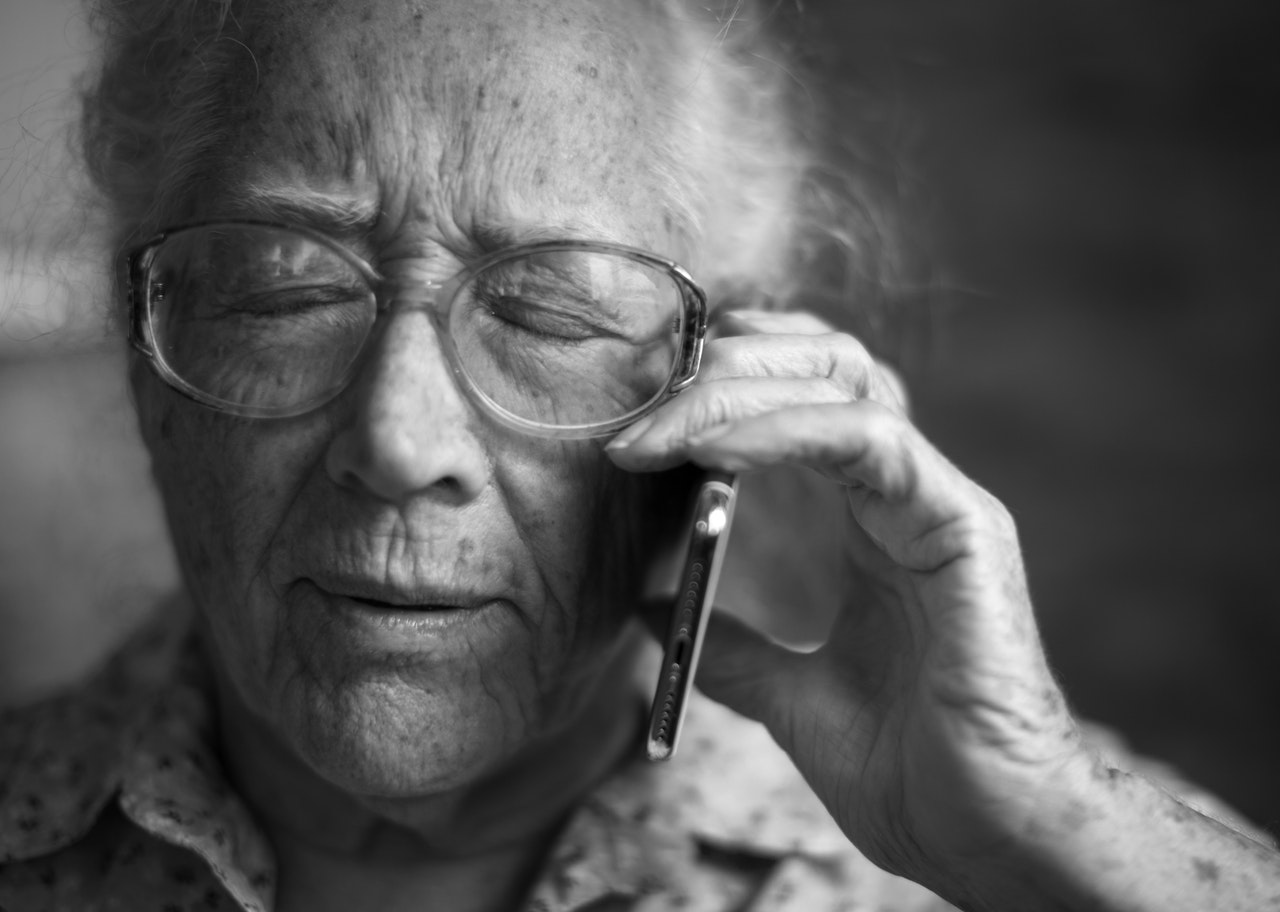Many people who have hearing loss are plagued with its effects because of delayed treatment.
As early as 12 years of age, at least 20% of people experience a certain degree of hearing loss. The use of hearing aids is considered as a suitable hearing loss treatment as it ensures that you continue to live a normal life despite your hearing impairment.
Hearing loss is a debilitating ailment. It can affect your social life, job performance, and relationships. If you believe you have hearing loss or know someone in the family who does, immediate action is needed to prevent the condition from worsening.
Medical technologies such as hearing aids can help hearing loss patients amplify their hearing to its normal level. Medications and surgery can also restore hearing depending on the cause and type of hearing loss.
Unfortunately, out of embarrassment, denial or fear, many people choose to leave the condition untreated. The number of hearing loss cases continues to increase, especially for those over 75 years of age.
How Hearing Loss Develops

If you have problems with hearing things, it only means that your ears and the nerves they are connected to are no longer functioning normally. While some people have hearing issues from the day they were born, hearing loss can also develop as you age.
Hearing loss can be mild or severe. Regardless of the degree of hearing loss, any part of the ear such as a cochlea, auditory canal, ossicles, eardrum or vestibulocochlear nerve can be affected.
There are basically three types of hearing loss:
Sensorineural Hearing Loss
This is the most common form of hearing loss. This type affects your ear’s nerve-related parts like the vestibulocochlear nerve and the cochlea. These parts are responsible for transmitting sound waves to your brain.
Conductive Hearing Loss
This form of hearing loss develops when your outer and middle ear like the eardrum, ossicles, and ear canal has problems. While conductive hearing loss can become a permanent issue, it is more treatable than the sensorineural hearing loss.
Mixed Hearing Loss
It is also possible to experience a mixed hearing loss. This type occurs when you have a combination of conductive and sensorineural hearing loss. It can happen in one of both ears. It can also suggest that you may have damage on your outer ear and inner ear.
Audiologists may recommend you to undergo hearing loss treatment for conductive hearing loss before dealing with the sensorineural hearing loss.
There are several factors that can cause hearing loss in adults, but aging is at the top of the list. When hearing loss is due to aging, both ears can be affected.
You may not realize it until it starts to progress, usually noticeable when it is on a detrimental stage. Since all the parts of your ear change as you age, you will notice that your ability to hear also decreases.
Why Hearing Loss Is Prevalent As You Age

Genetic. Hearing loss runs in the family. Genetic hearing loss treatment might be recommended depending on the type of hearing loss you have.
- Overexposure to noise. When you are overexposed to noise, especially when it is above 85 decibels, you can expect your ears to deteriorate over time. The noise affects the hair-like cells which can have a damaging effect on your ear, hence, the hearing loss.
- Medication. Some medications, when taken in large amounts, can cause hearing loss. Aspirin, Vicodin and even chemotherapy drugs are the known medications that can cause you to lose your hearing.
- Infection. Ear infections that occur due to a fluid buildup can impact your ear permanently. Even infections that appear all throughout the body like mumps, measles, flu, and herpes can have a serious effect on your hearing. You will need ear infection hearing loss treatment in this case.
- Disease. Diabetes, leukemia and Meniere’s disease can also affect your hearing.
- Pressure. Activities like diving which require being in a high-pressure environment can also pose a threat to your ear.
- Trauma. When you experienced trauma to the head, it can also affect your vestibulocochlear nerve, which is responsible for transmitting information to your brain. The trauma may also impact your eardrums or ossicles, the parts of your ear involved in the sound-transmitting process.
Signs And Symptoms Of Hearing Loss
It may not be noticeable at first, but hearing loss can reveal itself in various forms. It is essential that you pay attention to the early signs of hearing loss. The following are signs of hearing loss:
- Trouble hearing conversation over the phone or even in person
- The need to turn the volume up to extreme levels when watching TV or listening to the radio
- Trouble hearing people who are soft-spoken
- Difficulty hearing consonants
- Perceiving people to be mumbling
- Not joining conversations because of having a hard time keeping up
The symptoms of hearing loss are more on the physical. They usually coincide with illnesses like infections or common cold:
- Vomiting
- Nausea
- Dizziness
- Pain around or in the ear
- Constant ringing sound
- Fluid build up
The symptoms will also depend on the type of hearing loss you experience. If you have leaking fluid, it is an indicator of conductive hearing loss. A constant ringing or pain, on the other hand, is a symptom of infection inside your ear.
Untreated Hearing Loss and Its Effect
You may not consider hearing loss as a serious disease but if it is left untreated, it will slowly affect your daily life. You will realize its negative effects when it starts to develop into disabling illness.
When you have hearing loss, the person you are talking to need to speak louder for you to hear them clearly. There are different levels of hearing loss: mild hearing loss, disabling hearing loss, moderately severe hearing loss, severe hearing loss, and profound hearing loss.
For elderly people, the inability to hear normal sounds like a simple conversation or a door opening is a sign that the hearing loss is already taking over their normal life.
Other aspects that will be affected when you have hearing loss are practical, economic and social aspects.
Hearing Loss Treatment

Upon discovering that you have the symptoms of hearing loss, you need to go to the doctor to properly diagnose the problem.
The first part of the viral hearing loss treatment will involve checking which form of hearing loss you are experiencing. The earlier you detect the problem, the better.
Unfortunately, many elderly people delay diagnosis before realizing that their hearing has been impaired. If you are having trouble hearing, seek help from doctors or audiologists.
You will need to undergo a series of tests to find out what the real problem is:
- You will need to answer questions to dig deeper into the problem. Your answer will be instrumental in giving doctors idea how you should deal with your hearing loss. A physical test will also be administered.
- It involves inspecting your ear to find out if there is an issue which causes hearing loss. Tuning form tests are also conducted. The doctor will strike the pronged forks at varying frequencies. It will enable them to find out how well you can hear these sounds.
- You will also need to take the audiometry tests. It involves wearing headphones while the doctor controls the types of sounds being played. The frequencies are also set at different levels. The test is considered to be 90% accurate in pinpointing the problem.
Using hearing aids may be a common hearing loss treatment, but there is also other hearing loss alternative treatment depending on the form of hearing impairment you have.
Some treatments for hearing loss that doctors consider are cochlear implants, medications, fluid removal, or the use of personal sound amplification products or PSAPs.


